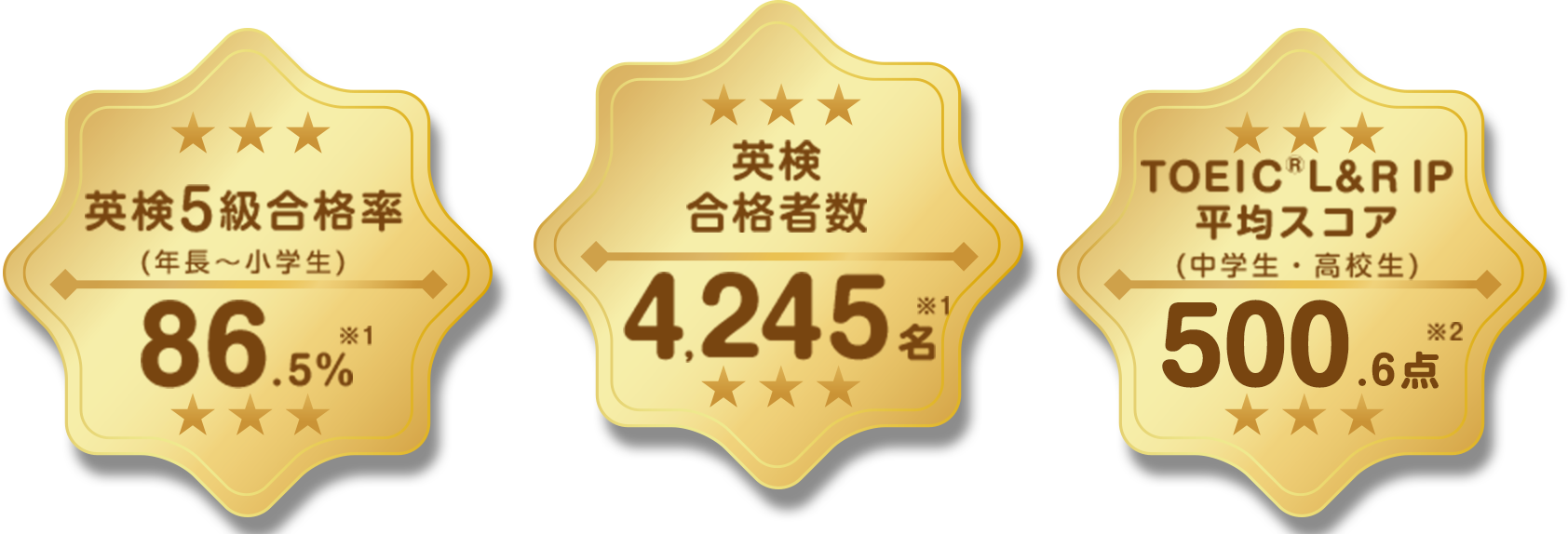Showa Day 🎌
Hello Mito Amity students and family! ( ´ ▽ ` ).。o♡
Loyal followers of the Mito Amity English series may have been able to sense something different about last week`s post… Did you?
Yup! We posted our English post on Saturday rather than on Friday! So, this series can officially be called `Mito Amity`s English Saturday Series`! Very exciting stuff, right?
Anyway, we hope everyone enjoyed learning about Easter Sunday last week. This week, we will be talking about the first holiday in Golden Week: Showa Day!
Showa Day takes place on April 29th and marks the beginning of Golden Week! Showa is the name of an era in Japan, and this holiday was established to reflect back on that time period.
April 29th is the date Emperor Showa`s birthday, the 124th Emperor of Japan. After his passing, the day was celebrated as Greenery Day until 2006. Now, it is known as Showa Day!
What will you do to celebrate this national holiday? Let us know in your next Amity lesson!
Sincerely,
Your English Teachers at Mito Amity (ง ื▿ ื)ว
♪英語っておもしろい♬~②嫌いな物を柔らかく表現しよう!~
皆さんこんにちは!水戸校のK先生です。
学生時代の留学生活や、アミティーで外国人の先生達と触れる中で、面白いなと感じた英語表現を紹介していきます!
【I’m not a big fan of 〇〇】
I‘m…私は
not…違います
a big fan…大ファン
of…~の
私は〇〇の大ファンではありません。
➡私は〇〇があまり好きではありません。
<LauraとBethが仕事終わりに話をしています。>
Laura「I’m hungry. Shall we go out for dinner together!?」
Beth「yes! Let’s go!」
Laura「All right. What are you in the mood for?」
Beth「Well, I’m in the mood for Japanese food!」
Laura「OK, Let’s have some sushi♪」
Beth「sorry, I’M NOT A BIG FAN OF sushi…」
一緒に夜ご飯をたべに行くことになった2人が、何を食べに行くか決めているところです。日本食が食べたい気分と言ったBethでしたが、お寿司は好みでなかったようですね。残念!日本語でも“〇〇が嫌い”と言ってしまうと少し強く感じ、“好きではない”と表現すると柔らかくなりますよね。それと同じように英語でも”I don’t like 〇〇”よりも柔らかく伝えられるのがこちらです。
【I’m not a big fan of 〇〇】
ぜひ皆さんも使ってみてね!!
スキが、えいごで育ってく。
英語で色々な事を自由に表現できるようになろう!
アミティー水戸校 029-227-3128
中学1年生の皆様!
🌸ご入学おめでとうございます!🌸
初めての英語の授業で不安に感じたりすることはありませんか??💦
アミティー水戸校では、文法クラスを開講しております!
会話クラスも開講していますので、英語、英会話に少しでも興味があれば、
一緒に学んでいきましょう!♡
お問い合わせは
こちらをクリック
♪英語っておもしろい♬~①何が食べたい気分?~
♪英語っておもしろい♬~①何が食べたい気分?~
皆さんこんにちは!水戸校のK先生です。
学生時代の留学生活や、アミティーで外国人の先生達と触れる中で、面白いなと感じた英語表現を紹介していきます!
【What are you in the mood for?】
What…何
you…あなたは
mood…気分
for…~の
➡あなたは何の(食べ物)気分?
<LauraとBethが仕事終わりに話をしています。>
Laura「I’m hungry. Shall we go out for dinner together!?」
Beth「yes! Let’s go!」
Laura「All right. WHAT ARE YOU IN THE MOOD FOR?」
Beth「Well, I’m in the mood for Japanese food!」
Laura「OK, Let’s have some sushi♪」
一緒に夜ご飯をたべに行くことになった2人が、何を食べに行くか決めているところです。
そこで、相手に何が食べたいか、どんな物を食べたい気分か、聞きたい時に使うとても便利な表現がこちらです!
【What are you in the mood for?】
【何が食べたい気分?】
ぜひ皆さんも使ってみてね!!
スキが、えいごで育ってく。
英語で色々な事を自由に表現できるようになろう!
アミティー水戸校 029-227-3128
ご入学、ご進学おめでとうございます!
🎵ご入学、ご進学おめでとうございます🎵
新学期がスタートして約1週間が経過いたしましたが、
不安なことはありますか?
英語に関しては、アミティー水戸校にお任せください!
会話クラス、文法クラスともに開講しております!
ご興味ある方は、ぜひお問い合わせください!




















































